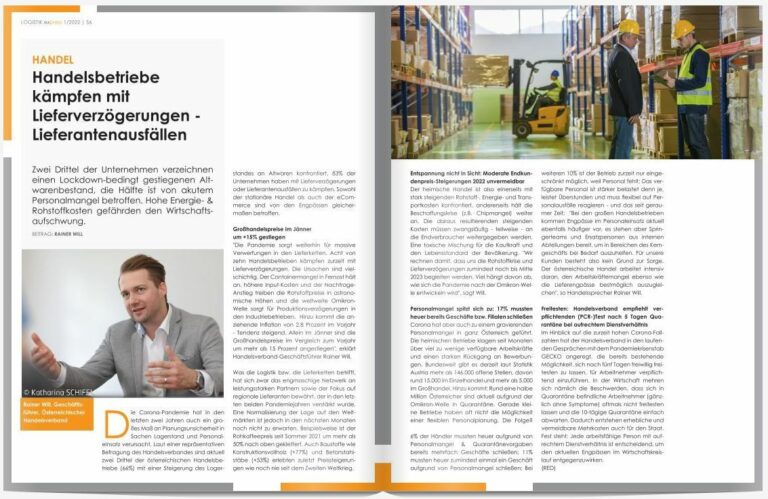Grindrod illustrates both the potential and problems of emerging markets
The South African trading and transport company Grindrod has announced a re-financing plan which it hopes will enable it to develop its ports and logistics infrastructure business.
The company has announced a new share issuance approximating to around 22% of the existing share capital and worth R2bn, which will be placed with the investment company Remgro.
The money will enable Grindrod to expand its ports business whilst continuing to invest in its other logistics operations. In particular, the company is planning to develop its coal terminal in the Mozambique port of Maputo. This will include land-side operations such as rail yards and coal handling facilities, as well as marine infrastructure. The demand for larger and better facilities is being driven by the increasing appetite for coal and other raw materials. Southern Africa has substantial reserves of commodities, but their exploitation is obstructed by limited infrastructure or monopoly providers (although Richards Bay in South Africa is a major facility). The development of previously neglected locations such as Maputo is motivated by the desire to open up capabilities for coal and other raw materials logistics capabilities.
Whilst bulk-handling facilities for goods such as coal are usually ‚pioneer‘ developments with quite different geographies than, for example, container traffic, Grindrod’s hunger for capital does also illustrate that the region generally needs to invest heavily in other types of logistics infrastructure. The company also operates other ‚land-side‘ businesses in southern Africa, including car-handling terminals, liquid-bulk handling and road transport, as well as related logistics services and these also have considerable potential.
Although Maputo is in Mozambique, it could potentially provide Grindrod access to Johannesburg, possibly as an alternative to the South African ports of Durban, East London and Cape Town. These ports are largely under the management of Transnet, the state-owned South African transport company which has been criticised for its performance and its fees.
At present, the investment may be limited to bulk-commodities; however products such as cars for ro-ro vessels could have considerable potential, as South Africa has significant car production, whilst container traffic may be a more distant prospect.
Quelle: eyefortransport
Portal: www.logistik-express.com


